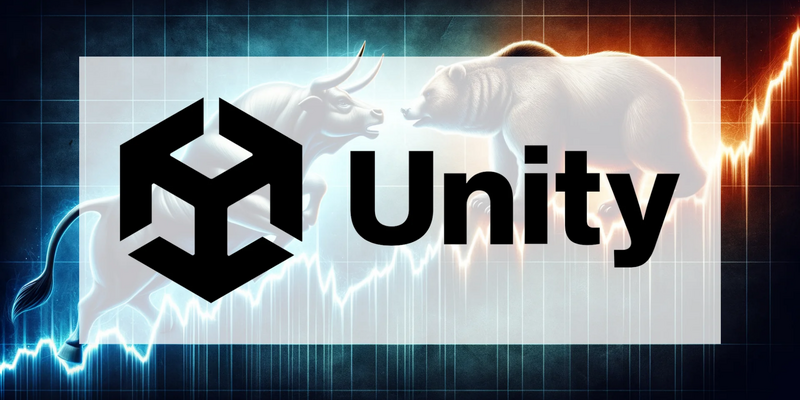Unity Software: A Crisis of Confidence as Executives Cash Out
22.11.2025 - 16:21:06A troubling disconnect is emerging at Unity Software. While the company publicly celebrates strategic partnerships and product enhancements, its leadership team is rapidly divesting personal holdings. The scale of these insider transactions—reaching into the hundreds of millions—poses a critical question for the market: do corporate officers possess concerning knowledge that remains hidden from public investors?
On the surface, Unity's recent quarterly performance impressed analysts. The company reported earnings per share of $0.20 and revenue of $470.62 million, comfortably exceeding market projections. However, this positive headline masks significant operational challenges. The corporation continues to operate at a negative net margin of 24.15%, indicating it's burning through capital despite generating substantial income. This persistent gap between top-line growth and bottom-line profitability represents a fundamental long-term vulnerability.
Unprecedented Executive Sell-Off
The departure of corporate insiders from their own equity positions has reached dramatic proportions. Within a mere 90-day window, Unity directors and senior officers disposed of shares valued at more than $103 million. Director David Helgason led this exodus, liquidating approximately $60 million in holdings. Chief Executive Officer Matthew Bromberg and Chief Operating Officer Alexander Blum followed with multimillion-dollar transactions of their own. The collective result is striking: insider ownership has dwindled to just 3.61% of outstanding shares, creating a significant confidence gap for current and prospective shareholders.
Institutional Sentiment Shifts
This erosion of faith isn't limited to company executives. Major institutional players are also scaling back their exposure to Unity stock. Primecap Management significantly reduced its stake by 21.6%, while Universal Beteiligungs decreased its position by 6.1%. Concurrently, short interest in the company climbed more than 5%, indicating growing speculation that the share price will decline. Despite these withdrawals, institutions still control 73% of outstanding equity, highlighting the tension between long-term conviction and immediate concerns.
Should investors sell immediately? Or is it worth buying Unity Software?
Strategic Initiatives Under Scrutiny
The company recently announced a potentially transformative collaboration with Epic Games that would enable Unity developers to publish content within the Fortnite ecosystem, accessing its community of more than 500 million registered users. This partnership coincides with technical improvements including the Unity 6.3 release and cross-platform toolkits. Nevertheless, market observers question whether these developments can effectively counterbalance the company's core financial challenges.
Divided Analytical Outlook
Equity researchers reflect the market's split personality regarding Unity's prospects. Needham and Wedbush maintain bullish outlooks with price targets set at $50 per share. In contrast, Wells Fargo and Deutsche Bank have adopted more cautious "Hold" ratings. The consensus price objective of $38.52 suggests only modest appreciation potential—a restrained forecast for a technology enterprise.
The central dilemma for investors remains unresolved: are Unity's executives selling based on legitimate concerns about the company's trajectory, or is the market overlooking a substantial recovery opportunity? The overwhelming volume of insider disposals provides a powerful, if ambiguous, signal about the company's direction.
Ad
Unity Software Stock: Buy or Sell?! New Unity Software Analysis from November 22 delivers the answer:
The latest Unity Software figures speak for themselves: Urgent action needed for Unity Software investors. Is it worth buying or should you sell? Find out what to do now in the current free analysis from November 22.
Unity Software: Buy or sell? Read more here...


